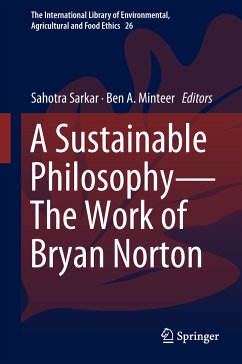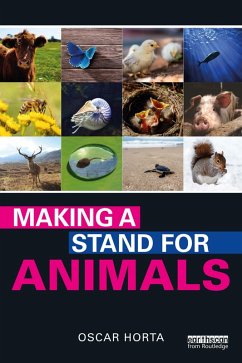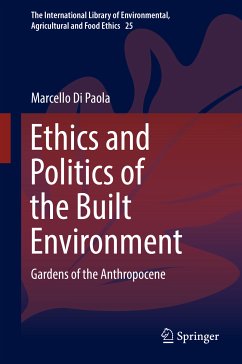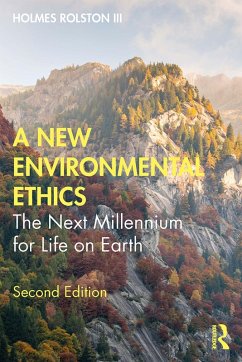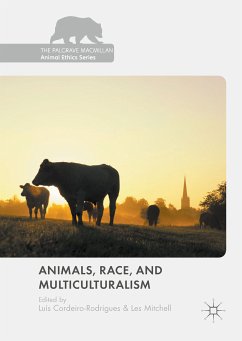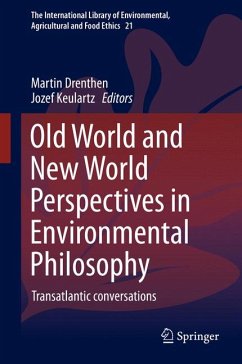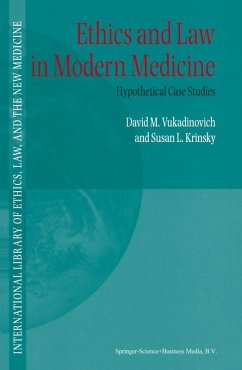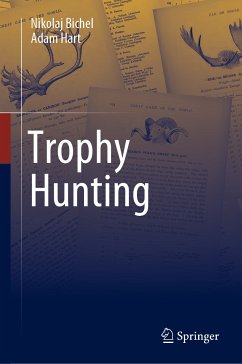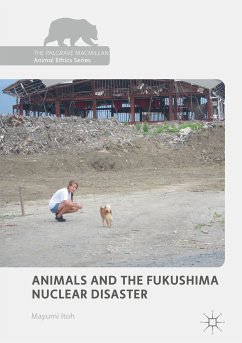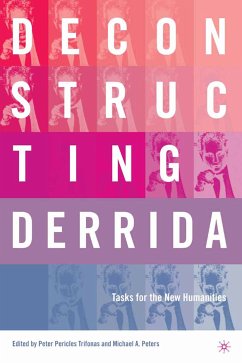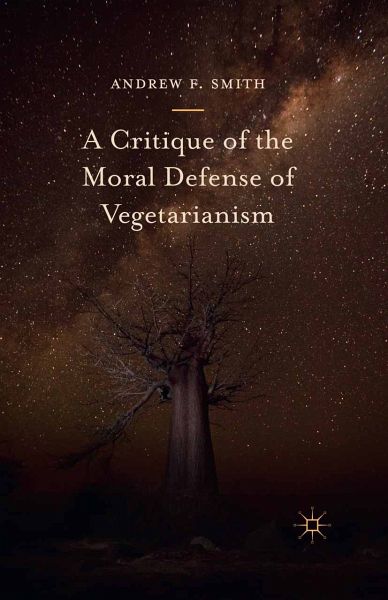
A Critique of the Moral Defense of Vegetarianism (eBook, PDF)
Versandkostenfrei!
Sofort per Download lieferbar
40,95 €
inkl. MwSt.
Weitere Ausgaben:

PAYBACK Punkte
20 °P sammeln!
Drawing on research in plant science, systems ecology, environmental philosophy, and cultural anthropology, Andrew F. Smith shatters the distinction between vegetarianism and omnivorism. The book outlines the implications that these manufactured distinctions have for how we view food and ourselves as eaters.
Dieser Download kann aus rechtlichen Gründen nur mit Rechnungsadresse in A, B, BG, CY, CZ, D, DK, EW, E, FIN, F, GR, HR, H, IRL, I, LT, L, LR, M, NL, PL, P, R, S, SLO, SK ausgeliefert werden.



